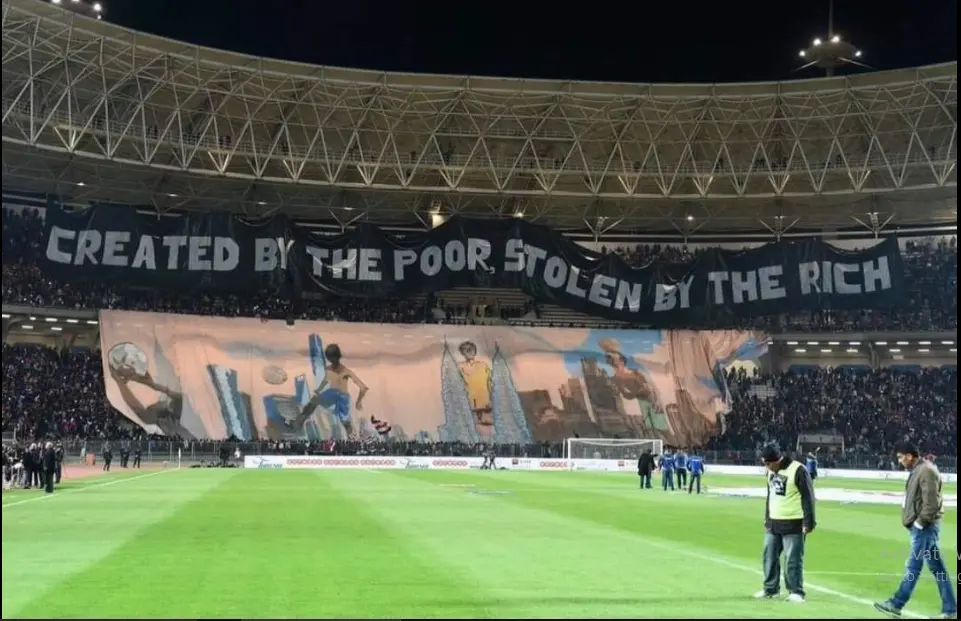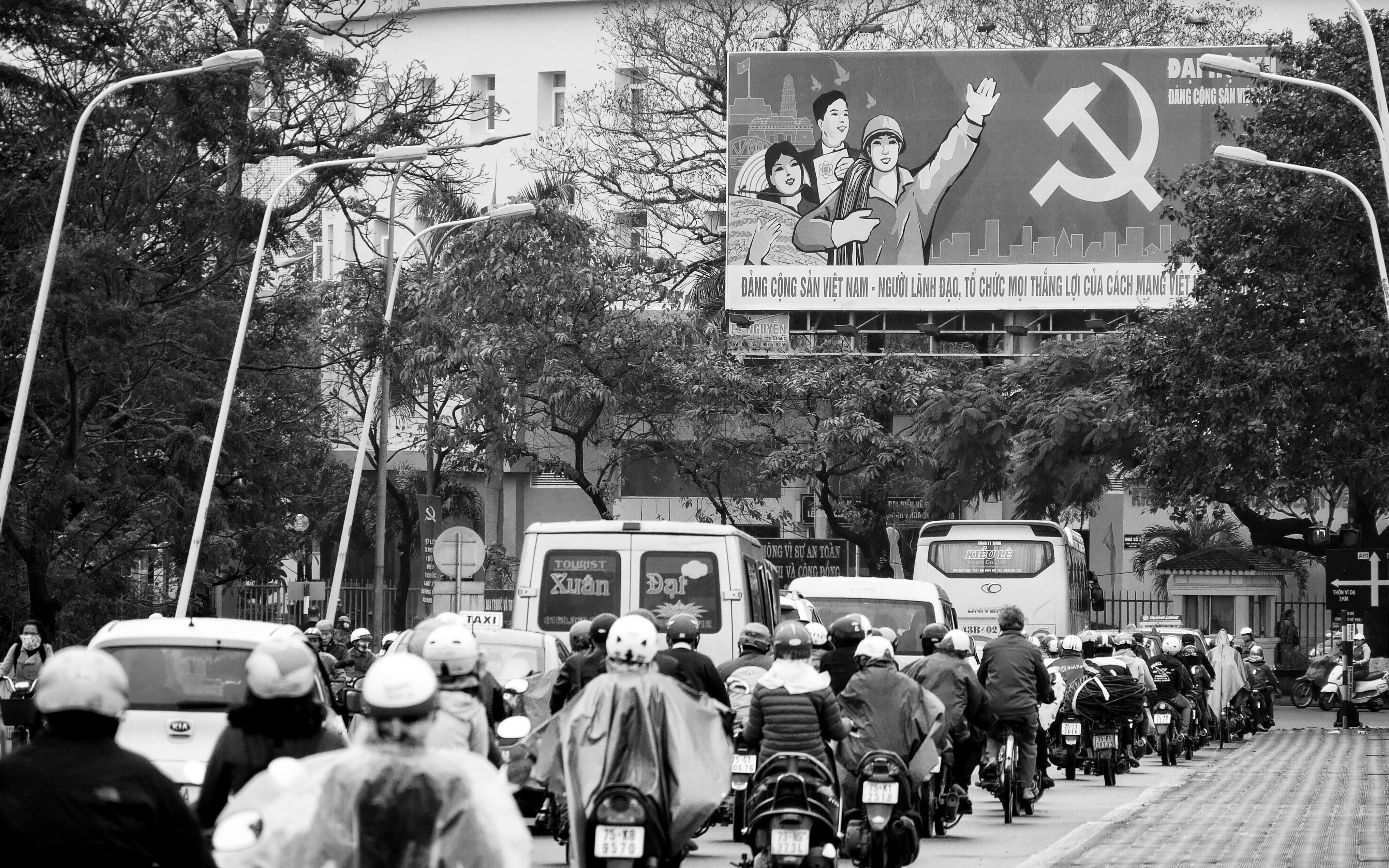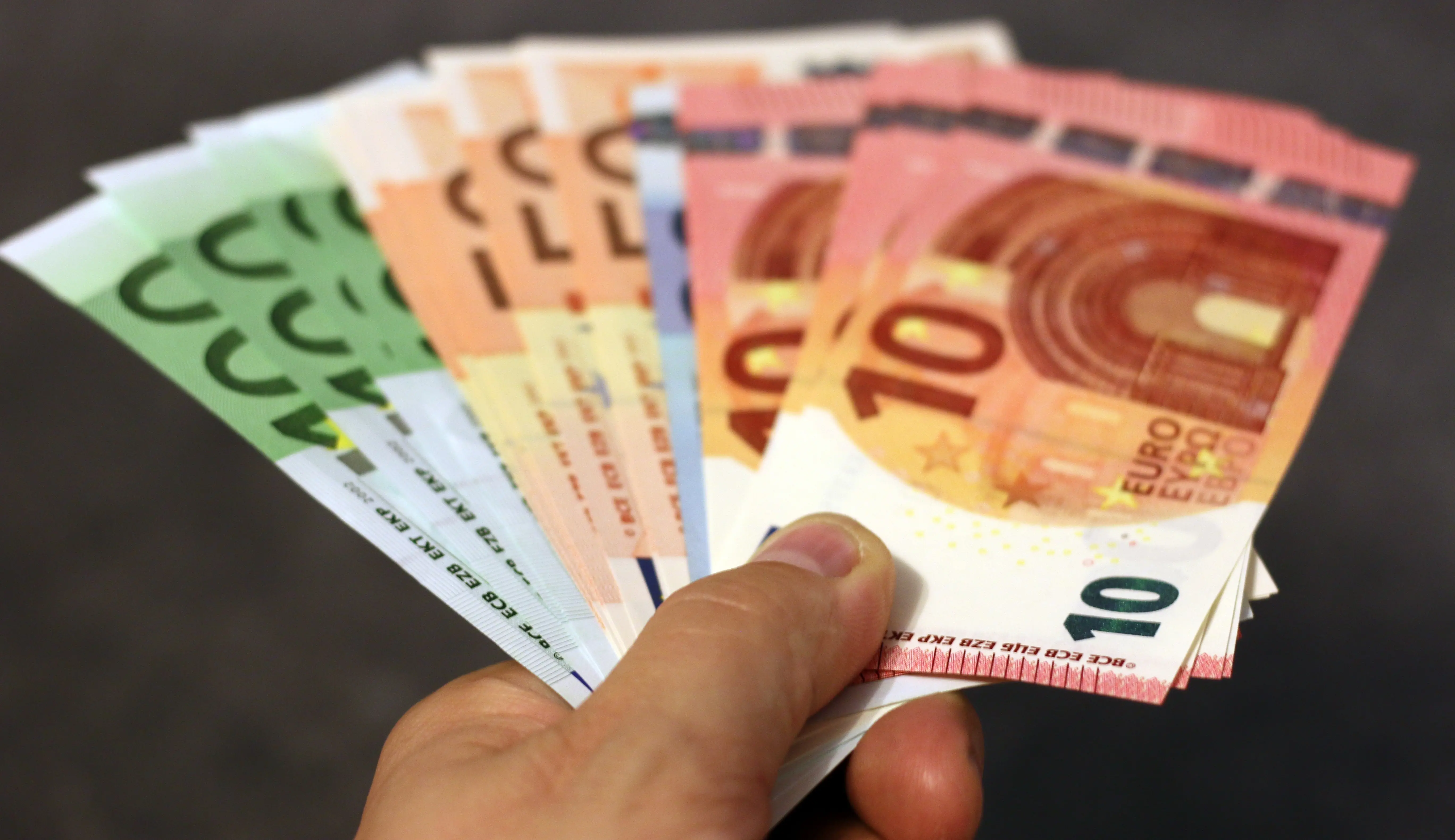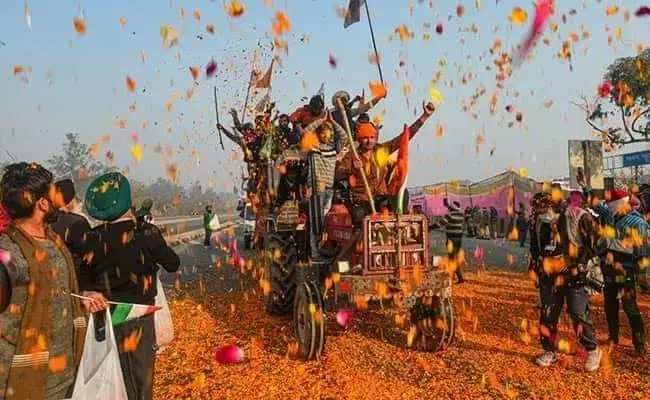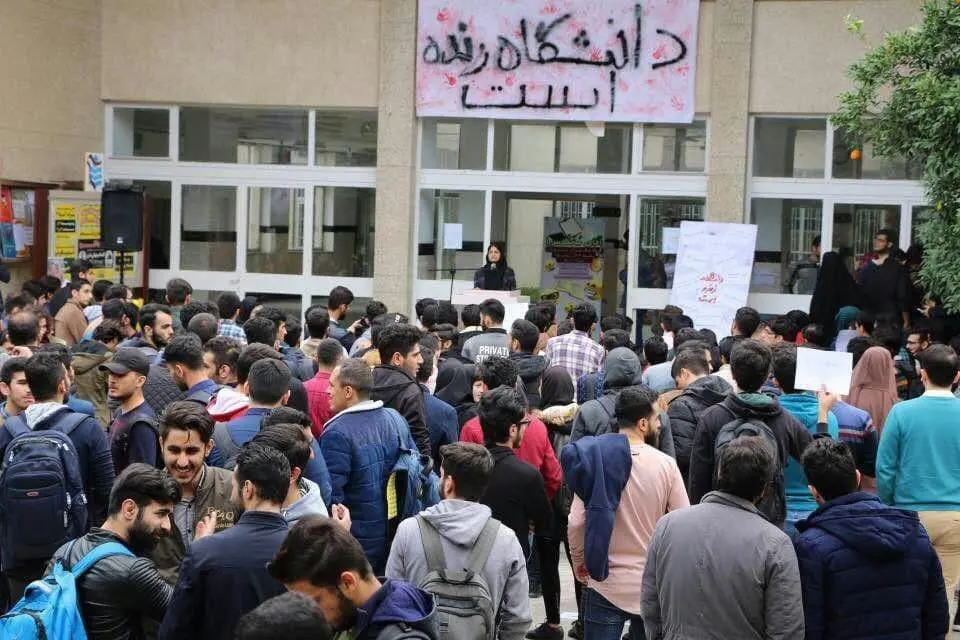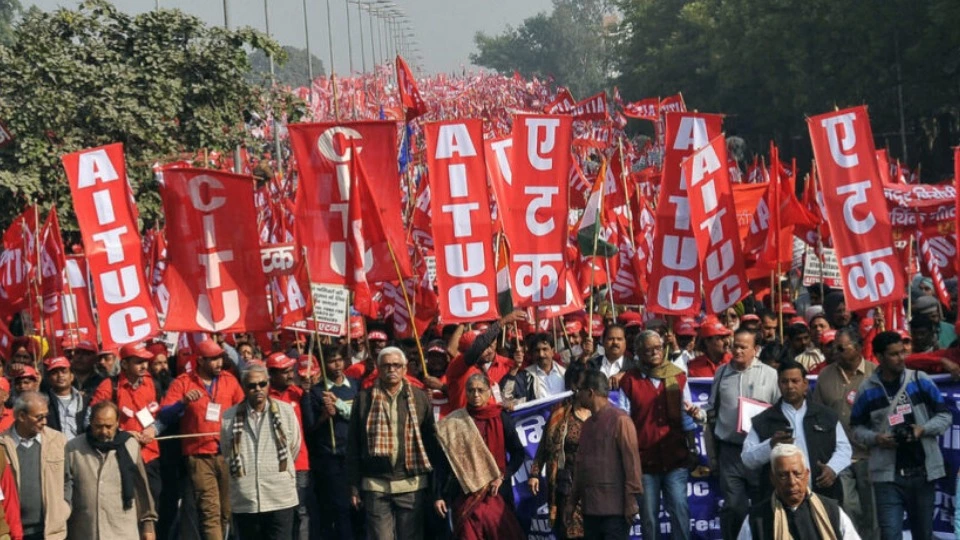Last week, European football supporters have issued a clarion call to discard the proposal of the newly planned European Super League(ESL) orchestrated by the owners of the elite clubs. Their anger is directed against the greedy pursuit of money as well as the betrayal against the traditional values. Such references to greed and money can easily be translated along the lines of capitalist notion of profit. Although the reaction against this proposed breakaway league is genuinely justified the existing European league systems as well as the UEFA tournaments do not hold any holier stand. The ever growing European football industry is the perfect manifestation of how football capitalism runs through the world.
The qualitative shift in the European football industry in the last decade of the twentieth century is marked by the concentration of capital/wealth. With the foundation of the Premiership in England in 1992 a massive change has been materialized. Thatcher’seconomic reforms like deregulation of public sectors make England embrace free-market. This pre-condition leads to the culmination when 20 top English football clubs enter into a breakaway division and make a statement by dealing with Rupert Murdoch’s BSkyB as television broadcaster. On one hand this move generates a flow of huge money at the top tier; on the other, it effectively marks a radical imbalance between the Premier League and the Football League in terms of income. Also many clubs take this opportunity to float on the stock exchange. Merchandising, inflation in stadium tickets bring changes in traditional football economy and culture as with television rights football very much cements its place into the global network of capitalism. While the division’s wealth lures the best players and managers of the world it also entices the rich billionaires to come and invest in this league. So sporting success basically owes much to the possession of money and this prepares the ground of rampant inequality where the rich becomes richer and the smaller clubs cannot compete with them. In Premier League the picture remains unchanged for almost three decades where the wealthy clubs like Manchester United, Arsenal, Chelsea and Manchester City (recently Liverpool too) have divided league titles between them with notable exceptions like Blackburn Rovers (1995) and Leicester City (2016). Similar elite league competitions like Seria A, La Liga and Bundesligaalong with the UEFA Champions League (Europe’s top competition) mirror the exact scenario. Therefore, sporting success becomes synonymous to the buying power of the clubs.
With such a promising revenue generating industry booming corporate investors starts taking over clubs or buying stakes or controlling shares in elite European leagues. Within the first fifteen years of twenty first century American sports franchise owners like Glazers (Tampa Bay Buccaneers), Gillete (Montreal Canadiens) & Hicks (Texas Rangers), J.W. Henry (Boston Red Sox), Thomas di Benedetto (Boston Red Sox), Eric Thohir (DC United) flockto English and Italian football as they respectively become owners or shareholders of glorious traditional clubs like Manchester United, Liverpool, AS Romaand Internazionale. On the other hand, Russian oligarch like Roman Abramovich or oil-rich Arab owner Sheikh Mansour or the Qatari Investment Authority massively changes the history of success of Chelsea, Manchester City and PSG. In sponsorship deals sovereign wealth funds like Fly Emirates (Arsenal) and Qatar Foundation (Barcelona) or in tie ups with huge corporate organizations like Audi (Bayern Munchen) the billionaires take the hot seat. This marks a rupture in the traditional supporter-based (mostly from the working class) football culture; although the duality exists as the yearning to attractglory never wanes. Stadium tickets remain no more the primary concern of such businessmen; a global consumer base that devours the market-products as well as the global coverage becomes the centre of attention to them.
The Nineties marks the beginning of the era when the wage ratio between average European elite footballer and average male starts to change drastically¬– the figure that stands at 5:1 in 1990 (before global coverage)reaches at 48:1 in 2010.However players with their brands, sponsorship and insured body-parts become almost commodity-like figures. Europe imports ships of players from all around Africa and South America and the concerned federations are given financial aids due to such moves. On the other hand, with the spread of global coverage, jerseys and other product sales, establishment of fan-clubs European elite clubs are able to create huge consumer-market in Asia and Africa.In such a way Europe controls the whole market economy of the world football. However, Inequality is deeply rooted within the financial structures of it’s own footballing system. The so-called competitiveness that it boasts about appears quite delusional as money controls the game; although chance factors of smaller teams never cease completely because of the game’s own logic where the powerful can be challenged by the weaker sides within 90 minutes.
ESL, the proposed breakaway league that comes with a ‘closed shop’ model with only top 15 elite teams participating without any provision of relegation chooses to limit the concept of ‘competitiveness’ within fixed boundary– by pitting only big teams against themselves every week. The organizers eye the maximum profit from it. In the whole European league system(and in UEFA tournaments) there exists kind of a commitment (in terms of a systematic revenue sharing) to the participating teams (including the smaller ones) where participation for some teams alters through the cycle of promotion and relegation. ESL threatens that sense of commitment too. This attempt by the elite clubs to monopolize the market has been inevitable although ultimately it faces strong denial from the supporter-base. However, the alternative existing model of reformed version of UEFA tournaments too are not beyond suspicion. This is a trend that attempts to put the commercialization of the game at centre to make maximum profits and in the way these capitalists try to take away the game from the working class people.
